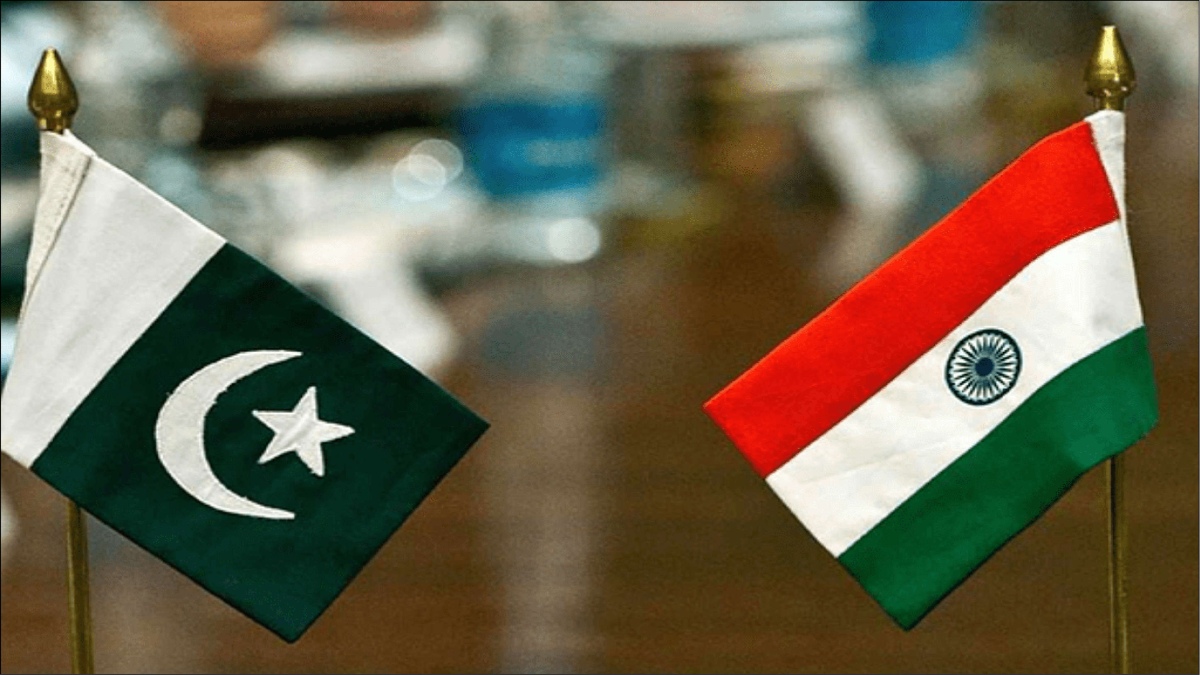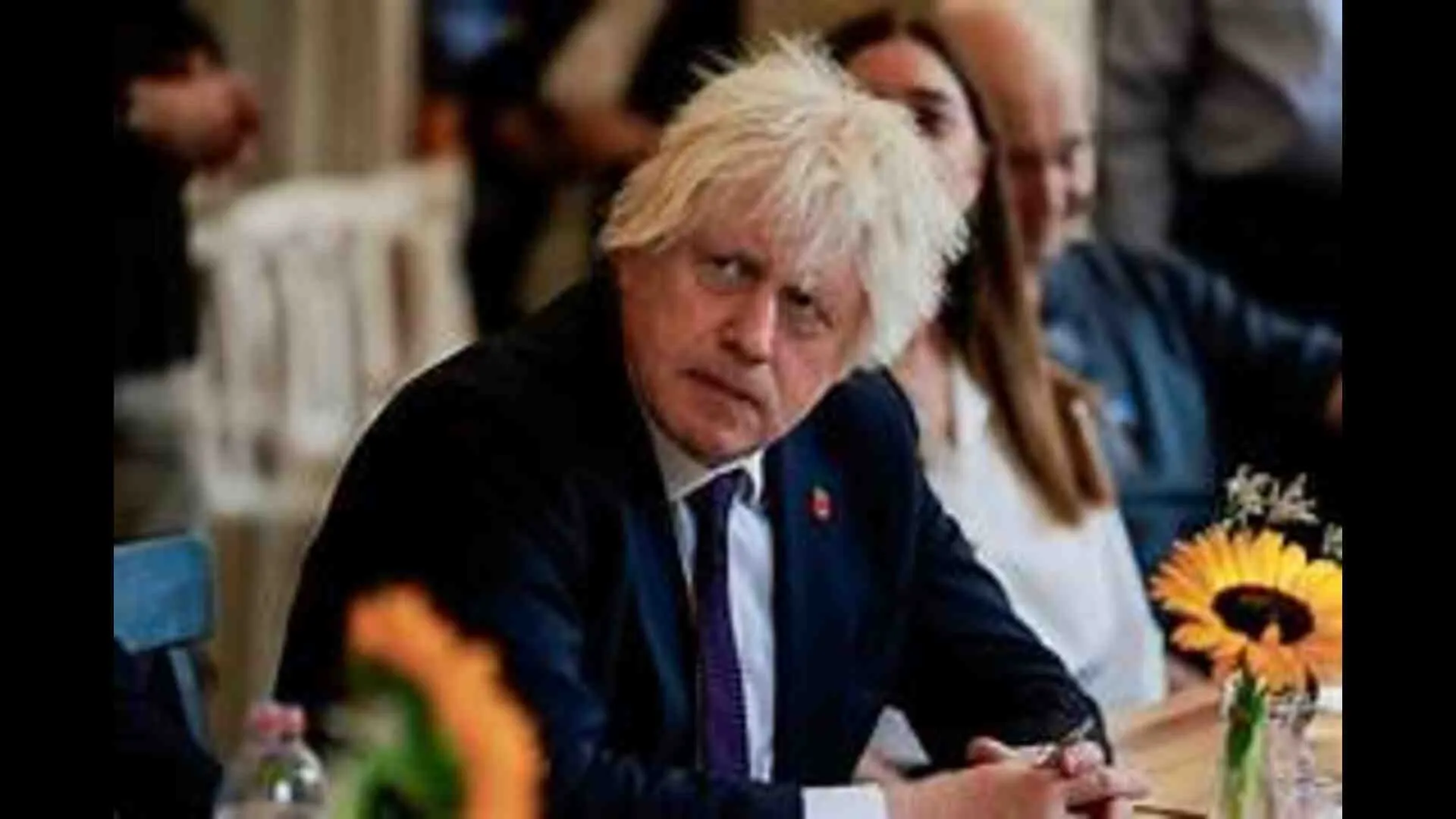India on Tuesday outright and unequivocally rejected the “farcical resolution” passed by Pakistan’s National Assembly over the delimitation exercise in the Union Territory of Jammu and Kashmir. India did not stop here only, but it went beyond that and hit out at Pakistan’s leadership as well. In what is being described as a clear message to Pakistan’s premier Shehbaz Sharif, Ministry of External Affairs (MEA) spokesperson Arindam Bagchi said, “It is regrettable that instead of putting their own house in order, the leadership in Pakistan continues to interfere in India’s internal affairs and engage in baseless and provocative anti-India propaganda.”
The diplomatic sources told The Daily Guardian, now the message to Pakistan from India is clear that the new government under PM Shehbaz Sharif is no different from previous regimes. “So, in view of this, Sharif should not also expect that India would open any window of opportunity to restore normal diplomatic ties with Pakistan even now,” sources said. “It’s a well calculated reaction that India came up with, hitting out at Pakistan’s leadership against the backdrop of Pakistan’s National Assembly passing resolution on delimitation in J&K,” sources added. PM Sharif has already on many occasions signaled his Kashmir-centric approach. Pakistan’s National Assembly on last Thursday unanimously passed a resolution introduced by its Foreign Minister Bilawal Bhutto Zardari denouncing the delimitation
exercise in Jammu and Kashmir.
MEA spokesman Bagchi was quick to bring up the issue of terrorism, demanding that Pakistan immediately cease anti-India cross-border terrorism and shut down its infrastructure of terrorism. “Stop the grave and persistent human rights violations in Pakistan occupied Jammu, Kashmir & Ladakh, refrain from effecting any further material changes in the status of PoJKL, and vacate the Indian territories that are under your illegal and forcible occupation,” he said.
Sources said that the Modi government is not going to compromise on the issue of terrorism is an unambiguous message that Shehbaz should understand. In this context, Jaishankar’s views expressed in the book “Modi@20: Dreams Meet Delivery” need to be recalled. Jaishankar in the book wrote, “Prime Minister Narendra Modi has been crystal clear that he will never allow terrorism, especially of the cross-border nature, to be normalized, and this determination has shaped India’s policy towards Pakistan since 2014.” “Is there any clearer message needed by Pakistan regarding India’s policy towards cross-border terrorism and for that matter towards Islamabad,” ask diplomats. “PM Modi will neither overlook nor tolerate terrorism,” they add. “Before any bid to internationalise Kashmir, the Shehbaz government should think twice about the Modi government’s determined approach with regard to terrorism in the region,” officials say.
On 12 May, the National Assembly of Pakistan passed a resolution rejecting the Delimitation Commission’s report which was released earlier this month. Reacting to the resolution, MEA spokesman Bagchi said, “Pakistan has no locus standi to pronounce on or interfere in matters that are internal to India, including the Indian territories under Pakistan’s illegal and forcible occupation.” Asserting that the entire territory of the UTs and Ladakh “has been, is and shall always remain an integral part of India”, Bagchi added that the delimitation exercise is a “democratic exercise based on the principles of extensive stakeholder consultation and participation”.
(WITH INPUTS FROM MAYANK KUMAR)























